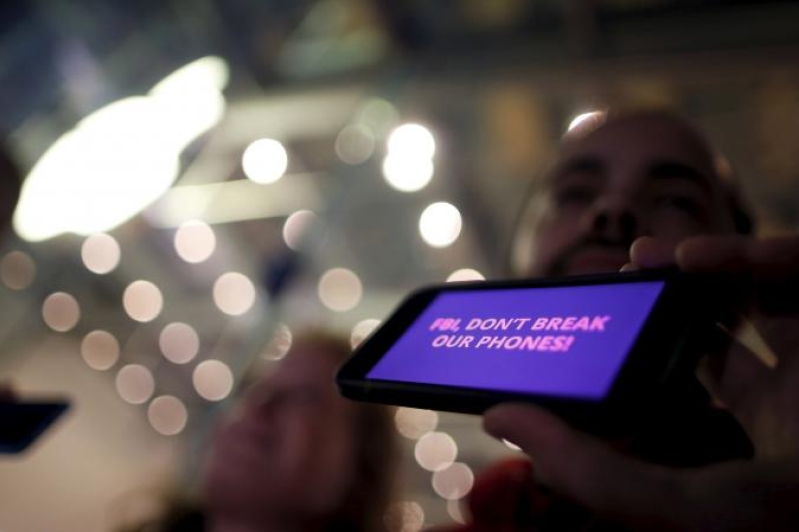
The San Bernardino shooters have created quite a controversy with Apple and the Federal Bureau of Investigation. The FBI demand that Apple help them unlock a phone used by the shooters, but the company has vowed to fight the decision. Company president Tim Cook calls the order a way of threatening the security of Apple users, and this is the latest information concerning this battle of Apple and the FBI over Encryption.
On February 21, MacRumors reported that the FBI worked with the San Bernardino County government officials to reset the iCloud account password on an iPhone belonging to suspected terrorist Syed Farook. Apple then told reporters soon after that the Apple ID password was changed "less than 24 hours" after being in the government hands. Should the password not have been altered, the iCloud backup information that the government is asking for could have been accessible to Apple engineers.
Recently, The Verge reports that Apple's vice president of software, Craig Federighi, has written an op-ed piece on The Washington Post saying that the FBI is demanding Apple to "turn back the clock to a less-secure time", which is a move that "puts everyone at risk". Federighi discusses how hackers and terrorists as well as the FBI could do even more damage if Apple makes their secrets of encryption available. He also discusses recent hackers in retail chains, banks, and even the federal government, and that encryption is "the best data security available to consumers".
At this point, the FBI have not tried to legally compel Apple to give them what they want, which is a system that would break lock screen protections once installed on the San Bernardino iPhone. It is presumed that if Apple gave that up, then this could be the case that will allow the FBI and other law-enforcement divisions to search all encrypted iDevices. Then it would be possible that criminals and hackers could use it and cause a lot of damage.
While it is difficult to believe that all the information needed to "solve" the San Bernardino shooting case would be in an iPhone, the FBI has claimed that "direct data extraction from an iOS device often provides more data than an iCloud backup contains" and that investigators may be able to extract more evidence from the shooter's iPhone with Apple's assistance. In other words, it is possible that the FBI could learn something from this iPhone that could prevent more attacks in the future. Still, applications like WhatsApp have end-to-end encryption, making it even harder for the average law-enforcement official to figure out what is up as far as secret information is concerned.
It is also possible that Apple's argument is not true and that by decrypting one iPhone, you will give the FBI tools to decrypt them all. This is Apple's argument, but perhaps Apple fears that by allowing the FBI to decrypt one iPhone could reduce consumer security. According to BGR, an inmate at a prison called Apple's encryption a "Gift from God", due to "becoming the 'device of choice' for some criminals and is replacing throwaway phones. Apple wants to promise all of its users privacy, but can't if even one exception is made.
The International Business Times states that the federal government may not know how to hack an iPhone, but a lot of devices leave an electronic trail with phone companies and service providers that can be quite easily monitored. Metadata can tell investigators where a call is made from, a number contacted and the length of a conversation, and cross-referenced with potential threats.
The issue with Apple and FBI is a debate that will constantly continue about how much the government should know in order to prevent possible attacks. No, we have not heard the last from Apple or the FBI on this matter, and future cases could easily heat this up even more.






